Syria: the Russian-Turkish competition
The Russian commitment in post-conflict reconstruction: Moscow will be in charge of reactivating roads, rebuilding strategic pipes and infrastructures.
Syria: Russia gets the upper hand over Turkey
On September 17, Russia and Turkey agreed on the institution of a demilitarized area in the Syrian region of Idlib, the last fortress of the about 60.000 members of the armed opposition groups and anti-government rebels including Jihadist and former Qaedist groups such as Hayat Tahrir al-Sham (Levant Liberation Committee) and Jabhat Fateh al-Sham.
The demilitarized area is about 15-20 km wide. Inside the area, Russian, Turkish and NATO units will perform coordinated patrol activities; radical groups shall leave the area while rebel groups shall surrender heavy weapons to Syrian governmental forces. This agreement was the outcome of the Sochi meeting between President Vladimir Putin and his Turkish equivalent Recep Tayyip Erdogan. Apparently, this agreement managed to prevent a serious humanitarian crisis that could have affected about 3 million people, if the announced military offensive had actually taken place.
The terms of the Russian-Turkish agreement reinforce the idea that the Idlib campaign will follow the path traced for the previous campaigns, like the one for Daraa. This approach confirms the strategic vision of the Syrian regime and its allies, who systematically induced hesitant armed opposition groups to scatter on the territory, so that they could be fought without great effort and with limited collateral effects on the civilian population.
Ankara will have to maintain a sort of Turkish protectorate on rebel troops
The main advantage for Turkey is to avoid the concentration of Syrian governmental troops in that area. The downside is that Ankara will have to maintain a sort of Turkish protectorate on rebel troops in evident distress and, should the campaign against Jabhat Fateh al-Sham and other Jihadist groups be successful, Turkey will have the further burden of guaranteeing them a way out of Syria.
On the other hand, the agreement gives Russia and Syria the opportunity to secure the strategic line of communication that cuts across Idlib and connects the North of Syria to other cities. Transit along the Aleppo-Latakia and Aleppo-Hama motorways is expected to resume by the end of 2018. Russia also obtains another advantage from the agreement, in particular on the operational level. As its forces cannot keep fighting the Jihadist and other rebel groups, it is going to deploy its troops along with Turkish troops in the demilitarized area in order to reduce the presence and arsenals of those rebels which were until now supported by Ankara.
The US, in turn, stays out of the conflict and its solution. Similarly to what happened in the South (Daraa), US support to opposition groups in the province of Idlib seems to be limited to deterrence from the hypothetical use of chemical weapons, to which the US administration could nevertheless and in a limited, tactlcal manner respond. In brief, a merely symbolic help to the rebels that Ankara would like to keep supporting.
So the war in Syria essentially continues but with the Putin-Erdogan agreement the trend appears to consolidate Russians’ influence in the area, to the benefit of Damascus and Teheran.
Analysis, assessments and previsions
Russia wants a new security order in the Middle East. Whatever happens to the rebels in Idlib province, Russia is determined to keep Syria firmly inside its area of influence – both as its stronghold in the Middle East and to help contain the US and its allies.
the presence of 38 Russian companies at the Damascus International Fair, last September, proved that the economic and trade activities will be the main enablers of the Russian strategic influence
The contribution of the Russian armed forces was decisive in the fight against the opponents to Bashar al-Assad’s government and against the Islamic State, and it granted Moscow a more influential position compared to Western powers’. Russia was able to take the upper hand in diplomacy and international relations as well as on military ground, as the recent sales’ agreement for S-300 missile systems to Syria seems to confirm. The agreement is causing concern to another big regional player, Israel, who has long been carrying out bombing actions on Syrian territory with the aim of containing Iran and countering Lebanese Hezbollah.
The Russian role on the military front was paramount, but also its commitment in post-conflict reconstruction cannot be underestimated. Moscow will be in charge of reactivating roads, rebuilding strategic pipes and properties destroyed during these last seven years of war. The participation of 38 Russian companies to the Damascus International Fair, last September, proved that the economic and trade activities will be the main enablers of the Russian strategic influence in the Middle East.








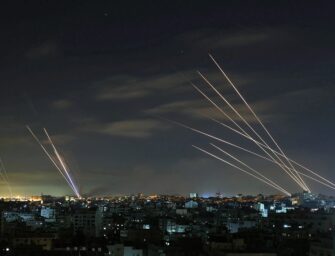

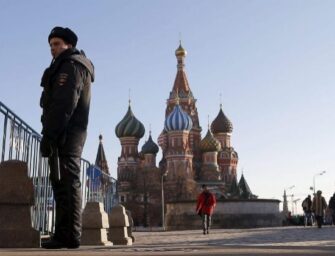
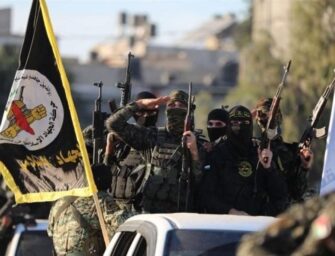
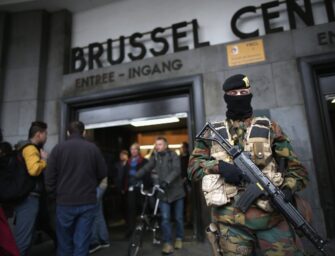
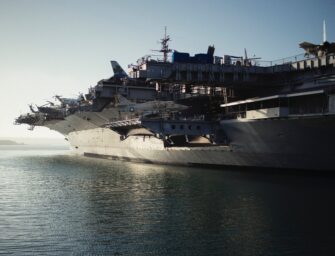
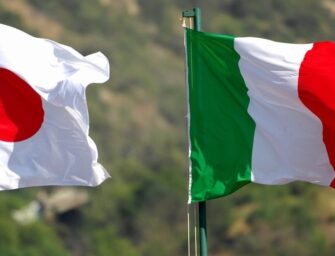


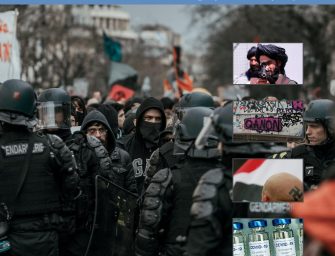
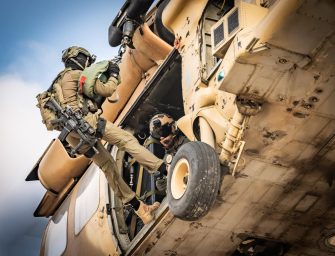
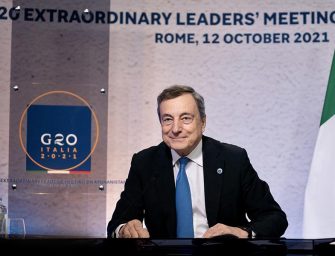
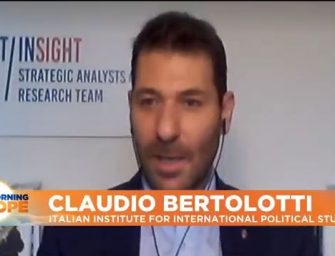

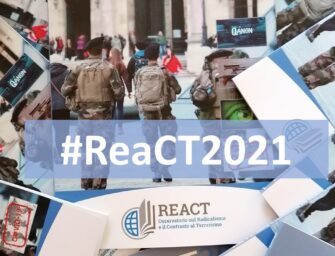
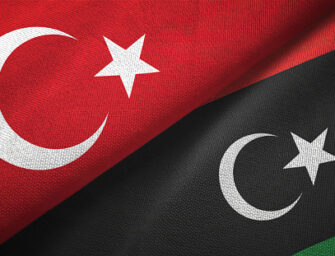
There are no comments
Add yours